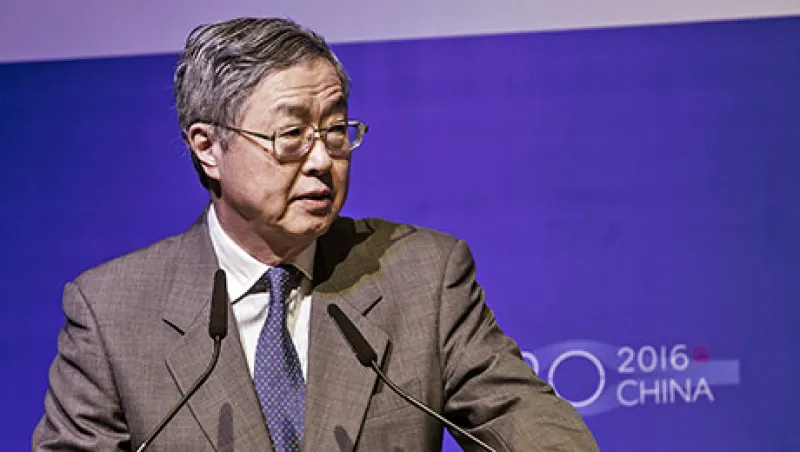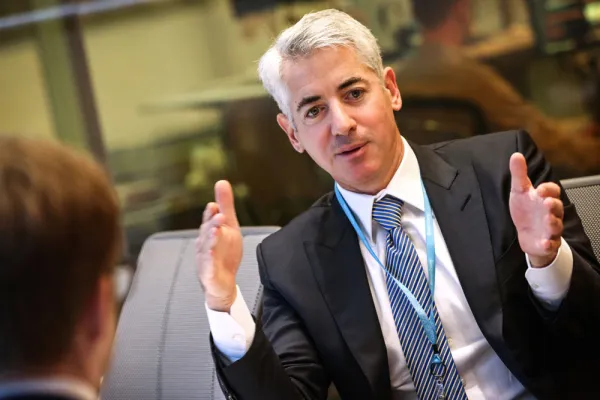Faced with a variety of global economic issues, including falling commodities prices, a slowdown in China and the possibility of a global recession, the Group of 20 nations concluded a much-anticipated meeting in Shanghai on Saturday in disappointment. The group offered vague rhetoric and well-worn encouragements for governments around the world to implement structural reforms to stimulate growth as central banks reach the limits of monetary policy. For investors hoping that a measure of global cooperation over stimulus measures would arise to prevent more battles in an ongoing global currency war there was little to cheer about. A pledge to refrain from “beggar-thy-neighbor” devaluations mirrored language from the the statement at the G-20’s last meeting.
China cuts reserve ratios. In a statement issued on Monday, the People’s Bank of China announced that the reserve ratio for banks (RRR) will be reduced by 0.5 percent effective March 1. Despite the cut, which will put the RRR at 17 percent, China’s capital reserve requirements for major banks is significantly higher than those in most of the developed world. The action follows quickly on the heels of comments by PBOC Governor Zhou Xiaochuan at the G20 meeting in which he indicated a willingness to take further easing measures. According to Jefferies strategist Sean Darby, the move may have been necessitated by concerns over capital outflows “The recent jump in outstanding credit would need to be financed using more deposits, given the huge surge in lending,” he wrote in a note to clients on Monday, adding that “the RRR allows the central bank room to provide the commercial banks the funding they require to support the credit demand.” The announcement came after markets closed on a down note, with the Shanghai Composite Index dropping by nearly 5 percent for the day, bringing the total year-to-date decline to 24 percent.
Inflation stalls in Eurozone. Consumer-price-index levels for the common currency zone released today by Eurostat confirmed that the pace of inflation weakened in February with headline prices declining by an annualized 0.2 percent — the lowest reading in a year — while core levels excluding volatile commodities rose by an anemic 0.7 percent. Both measures fell short of economists’ consensus forecasts. With the European Central Bank March monetary policy statement now less than two weeks away the pressure is mounting on ECB President Mario Draghi to follow up on his stated commitment to fight deflation and take further easing actions.
Citi to sell stake in Chinese bank. On Monday, multiple media outlets reported that Citigroup has reached an agreement to sell a 20 percent stake in Guangfa Bank to China Life Insurance, China’s largest life insurer. The deal is valued at approximately $3 billion, marking a significant return on investment for the stake originally acquired in 2006.
Buffet announces record profits. Berkshire Hathaway announced full-year earnings of $3,333 per share over the weekend, beating analysts’ estimates by a significant margin with total profits reaching a record $5.5 billion. In his widely read annual shareholder letter, Berkshire Chairman Warren Buffett derided presidential candidates for casting the U.S. economy in a pessimistic light to find support among voters through fear.





